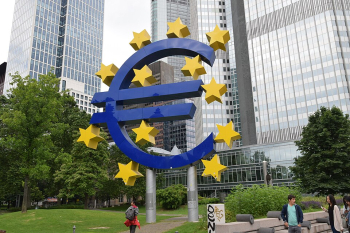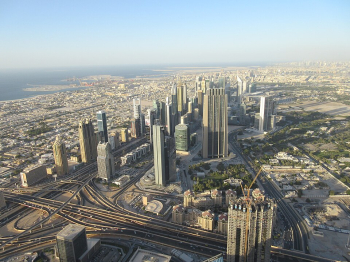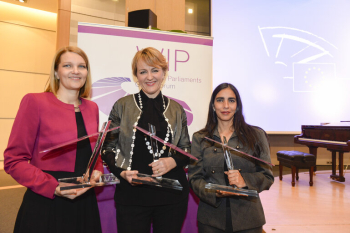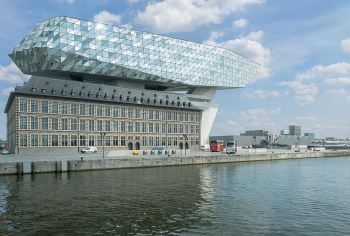
The European Parliament’s International Trade Committee has approved updated rules to strengthen the EU’s approach to screening foreign investments.
The revised framework expands the list of sectors requiring mandatory screening by EU Member States. Newly included areas such as media services, critical raw materials, and transport infrastructure will now be subject to review to identify and mitigate potential threats to public order or security.
The updated rules also give the European Commission more authority. It will be able to act independently or intervene when Member States disagree on the risks posed by a specific foreign investment.
Under the new system, if a national screening authority determines that a foreign investment could harm public order or security, it must either block the investment or allow it with conditions to reduce the risk.
The committee adopted the proposal with 31 votes in favor, 7 against, and 3 abstentions.
Background
The EU’s current foreign investment screening mechanism has been in place since October 2020, designed to prevent foreign takeovers of companies crucial to Europe’s security, infrastructure, and technological independence. In January 2024, the Commission introduced a proposal to update and strengthen these rules.
Rapporteur’s remarks
Raphaël Glucksmann (S&D, France), the Parliament’s rapporteur, welcomed the outcome: “I am pleased that a strong pro-European majority has adopted an ambitious reform of the EU’s foreign investment screening mechanism. This reform will establish a more predictable system that ensures foreign investments do not compromise our security. Investors will benefit from greater clarity on procedures, while a harmonised scope and a reinforced role for the Commission will help ensure consistency across the Union."
What’s next
Following the committee’s approval, the proposal will head to a full vote in Parliament. If passed, negotiations with EU Member States will begin to finalize the legislation.

















